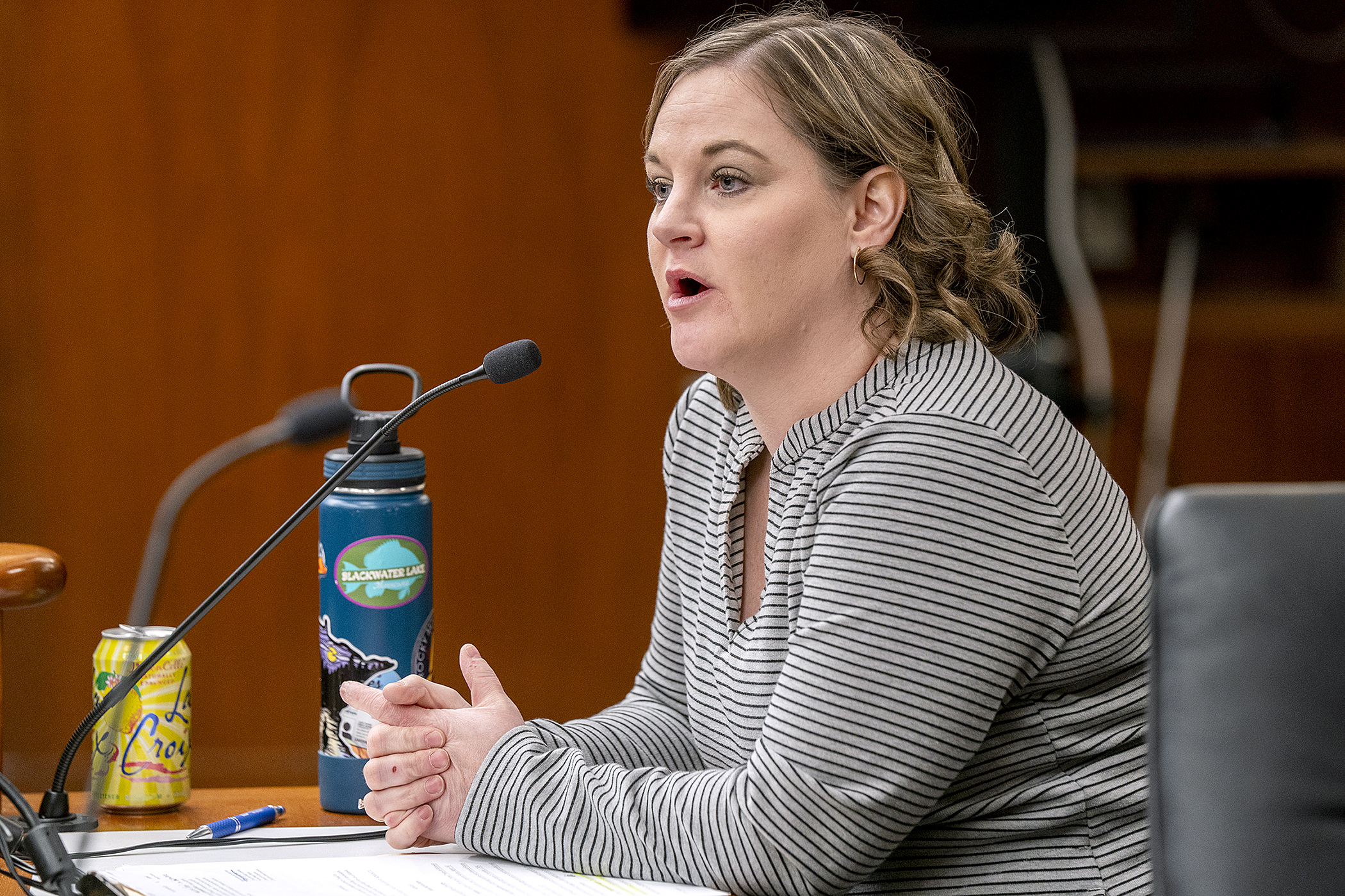Lawmakers consider infrastructure advisory council to coordinate investment

To create a future vision, heightened coordination, and increased training between Minnesota’s infrastructure agencies, lawmakers are considering creation of a new non-regulatory advisory board.
The Minnesota Advisory Council on Infrastructure would work in tandem with stakeholders to identify and promote best practices that will preserve and extend the longevity of Minnesota’s public and privately owned infrastructure, and provide for proper management, coordination, and investment.
Its proposed creation comes on the heels of a report from the Infrastructure Resiliency Advisory Task Force which met during the interim. Its final report was issued last month.
On Wednesday, the House Sustainable Infrastructure Policy Committee considered language to create the council. Rep. Erin Koegel (DFL-Spring Lake Park), the committee chair, plans to sponsor the bill. She hopes the committee can hash out details over the next three committee meetings.
“The goal of this is to educate and have the best practices out there so when we do award a bonding project, we know that these (small) communities know what they’re doing when it comes to our assets, and that they are going to be the very best stewards of the project and the money that we award them,” she said.
The 26-member board — 11 voting members and 15 non-voting members — would be charged with:
- identifying approaches to enhance and expedite infrastructure coordination across jurisdictions, agencies, state and local government, and public and private sectors, including in planning, design, engineering, construction, maintenance, and operations;
- identifying objectives and strategies that enhance the longevity and adaptability of infrastructure throughout the state;
- developing any advisory recommendations;
- developing and recommending a plan for a statewide asset managers program that provides for identification, exchange, and distribution of best practices on infrastructure management, training for infrastructure owners and asset managers and coordination and collaboration among infrastructure owners and asset managers; and
- submitting an annual report to the Legislature.
Rep. Spencer Igo (R-Wabana Township) expressed concerns about creating a new state agency of unelected officials that would be creating policy.
“It sounds like the accountability of this new state agency would be to us, the Legislature,” Igo said. “But it also sounds like it totally opens the door for the executive branch to create rules out of what this committee would put forth. So my concern … would be we are giving up our legislative authority to unelected bureaucrats.”
Echoing those concerns, Rep. Isaac Schultz (R-Elmdale Township) is also worried about adding the cost of more state employees with the creation of another new agency.
“We added over 2,000 new state agency staff members in the last year, and that is a heavy burden for Minnesota taxpayers,” he said.
Related Articles
Search Session Daily
Advanced Search OptionsPriority Dailies
Speaker Emerita Melissa Hortman, husband killed in attack
By HPIS Staff House Speaker Emerita Melissa Hortman (DFL-Brooklyn Park) and her husband, Mark, were fatally shot in their home early Saturday morning.
Gov. Tim Walz announced the news dur...
House Speaker Emerita Melissa Hortman (DFL-Brooklyn Park) and her husband, Mark, were fatally shot in their home early Saturday morning.
Gov. Tim Walz announced the news dur...
Lawmakers deliver budget bills to governor's desk in one-day special session
By Mike Cook About that talk of needing all 21 hours left in a legislative day to complete a special session?
House members were more than up to the challenge Monday. Beginning at 10 a.m...
About that talk of needing all 21 hours left in a legislative day to complete a special session?
House members were more than up to the challenge Monday. Beginning at 10 a.m...